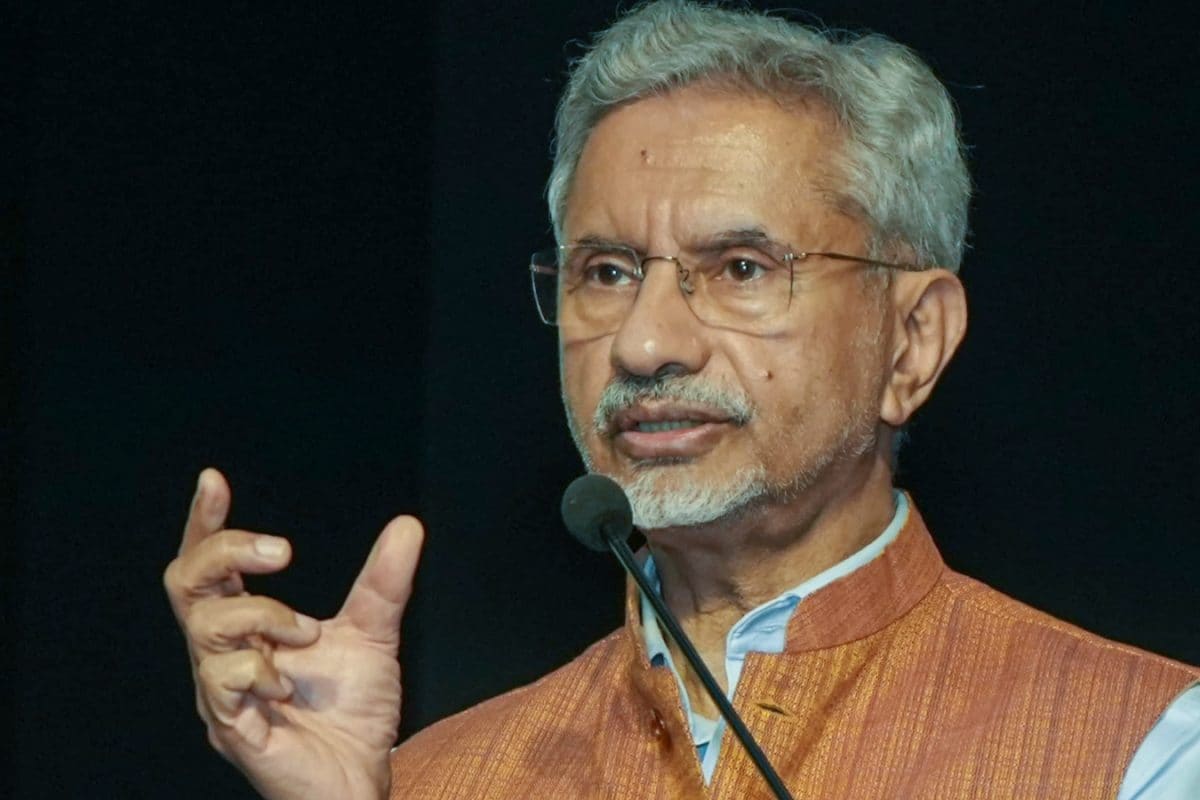

In a firm message to Pakistan regarding terrorism, External Affairs Minister S. Jaishankar has asserted that India will not hesitate to conduct strikes deep inside Pakistan if provoked by terrorist activities. This declaration comes in the wake of heightened tensions and recent military actions, underscoring India's evolving counter-terrorism strategy and its commitment to protecting its national security.
Jaishankar's statement, made during an interview in Brussels, where he was attending EU trade talks, reflects the Modi government's unwavering stance on cross-border terrorism. He explicitly stated that India will pursue terrorists "wherever they are, including in Pakistan," emphasizing that as long as cross-border terrorism persists, India will retaliate with all necessary measures for self-defense, considering it a basic duty to its people. He referenced the April 22 Pahalgam terror attack and India's retaliatory strikes on May 7 as examples of this resolve.
The External Affairs Minister clarified that India's conflict is not with Pakistan as a country but with terrorism itself. He accused Pakistan of openly training "thousands" of terrorists and deploying them across the border into India. Jaishankar highlighted the effectiveness of India's recent air strikes in degrading Pakistan's military infrastructure, pointing to the damage inflicted on major Pakistani airfields.
These statements follow 'Operation Sindoor,' India's military response to the deadly Pahalgam attack in Jammu and Kashmir, which resulted in the loss of 26 lives. India launched precision strikes targeting terror infrastructure in Pakistan and Pakistan-occupied Kashmir. Subsequently, there were on-ground hostilities involving missile and drone attacks from both sides, targeting airbases and military infrastructure. The conflict de-escalated following talks between the Directors General of Military Operations of both countries, leading to a ceasefire agreement on May 10.
Prime Minister Narendra Modi has also reinforced this firm stance, asserting that India will not be deterred by any "nuclear blackmail" from Pakistan. Modi has also stated that any future terror attack on Indian territory will be considered an "act of war" against New Delhi. He emphasized that India's military actions against terrorism have only been paused and that the future course of action depends on Pakistan's behavior.
India's new approach signifies a shift towards a more proactive and assertive counter-terrorism strategy. This includes a three-point doctrine: responding to terrorism with military action, rejecting nuclear blackmail, and eliminating the distinction between terrorists and their sponsors. The intention is to make it too costly for Pakistan to use terrorism as an instrument of state policy.
Despite the ceasefire, tensions remain high, and the underlying issues persist. The core of the conflict, according to India, is Pakistan's continued support for terrorism. This has broader implications for the region, especially given China's close ties with Pakistan. India has emphasized that there cannot be ambiguity or double standards when it comes to terrorism, as it is a problem that concerns everyone.
India's message is clear: it will not tolerate cross-border terrorism and is prepared to take decisive action, including striking deep into Pakistani territory, to protect its interests and its citizens. This stance reflects a new normal in India's approach to combating terrorism and underscores its commitment to regional peace and security, albeit with a firm resolve to respond forcefully to any provocations.